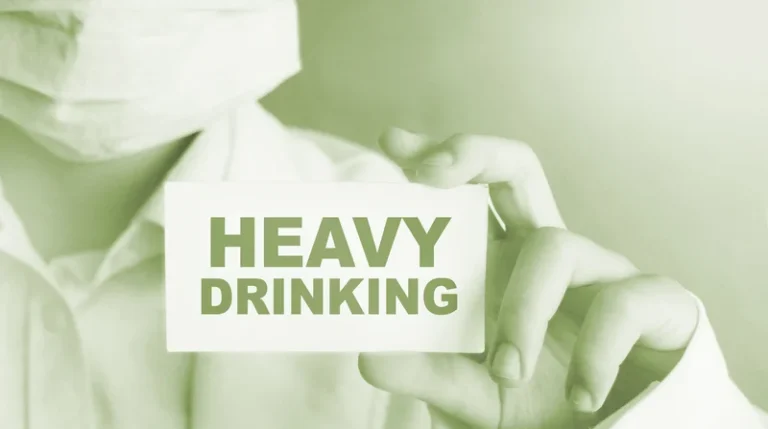
Conflict avoidance may result from how you perceive conflict in relationships. For instance, if you believe that all conflict is harmful or will lead to the breakdown of your relationship, you are more likely to avoid it. Tessina suggests people who avoid confrontation may be very hard workers (as a result of being inherent people-pleasers). In general, hardworking folks have their minds in many different places, striving to achieve the most within a short period of time or even at once. Your health plan’s contracted network providers may also offer in-office appointments.

Why it’s not helpful
Let’s say you want to remind your boss that you don’t answer work calls after 5 p.m. If you worry that your boss will fire you for reinforcing this boundary, you might remind yourself that your boss is a reasonable person who values work-life balance. Conflict can make most people feel uneasy, whether a full-blown argument or a civil confrontation. It may be particularly difficult for flighters to address conflicts directly with their managers. If you answered “yes” to most questions, you’re probably a conflict avoider.
Conflict avoidance in relationships: What is it and why does it happen?
- If conflict avoidance is causing challenges in your relationship, seek support instead of trying to handle it on your own.
- The situation proves frustrating, maddening, and sometimes even frightening.
- No matter the start to life, as adults conflict avoiders end up feeling that sharing their opinions, thoughts and feelings is scary and not worth it.
- This experience confirmed their childhood beliefs and reinforced their tendency to suppress their feelings to maintain peace.
Therapists are trained to help couples navigate conflict and develop healthier communication patterns. They can provide a safe space for open communication and equip you with tools to manage conflict effectively. The avoidance conflict style is perpetuated when you feel that you can read your partner’s mind. You decide in advance that they will react poorly or disagree with you, so you avoid the conflict altogether. What if addressing the issue leads to a productive conversation? Considering the fact that conflict resolution may go well can decrease your anxiety.

Lifestyle Quizzes
- Every year, we’d go through training on how to defuse difficult situations in which a patient, family member, or even another employee was extremely angry and seemingly out of control.
- When people feel secure, they’re more likely to engage openly and honestly.
- You can express disagreement calmly and respectfully, to address an issue without starting a fight.
- Withdrawal can worsen a problem, or at the very least, make it seem more significant over time.
- If you’d like to discuss a source of conflict with your partner, you can calm your nerves with some planning.
It can actually be a sign of underlying issues or a lack of true intimacy. Healthy couples are able to disagree respectfully, work through problems together, and emerge stronger on the other side. A therapist can provide guidance and tools to improve communication and build stronger connections.

Expert Tactics for Dealing With Difficult People
Conflict avoiders need to improve their tolerance of distressing feelings and also be able to express their feelings and needs appropriately. Alternatively, a conflict avoider will literally refuse to participate in the conversation and sometimes simply walk out of the room to avoid a potential conflict. It’s known as one of the Four Horsemen of the (Relationship) Apocalypse, which marijuana addiction John Gottman coined to describe four behaviors that ultimately destroy relationships. Have you ever been in a conflict or been angry at someone and not known how to solve it? Healthy and creative conflict resolution is an essential skill that many adults don’t know how to master. Many people dislike conflict, but in some cases, conflict avoidance can harm your relationships and health.
They lack conflict-resolution skills
But you can still take small steps each day toward feeling more comfortable facing your fears and speaking up for yourself. how to deal with someone who avoids conflict Rather than endlessly ruminate and allow conflicts to fester in your head, try taking a more assertive approach. Similarly, if you’re more comforted by smells, you can keep an essential oil on hand to take a quick whiff of when you’re feeling anxious. Rehearse concise points you’d like to get across to a boss or colleague so you’ll feel confident when addressing them. Conflict resolution is about standing up for yourself and communicating when you feel angry or frustrated. One 2013 study found that bottling up our emotions can increase the risk of premature death, including death from cancer.

